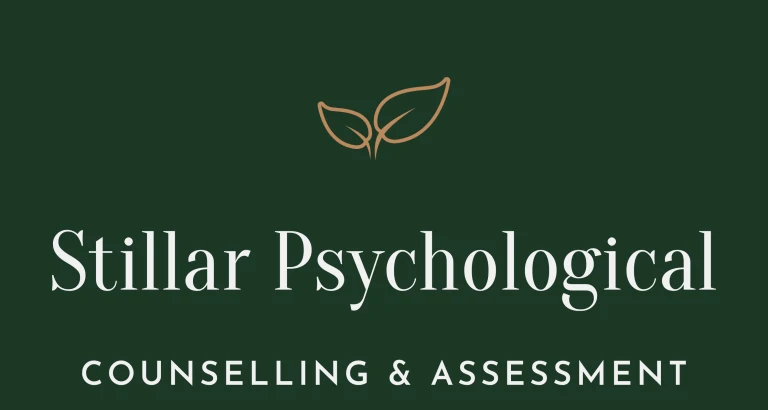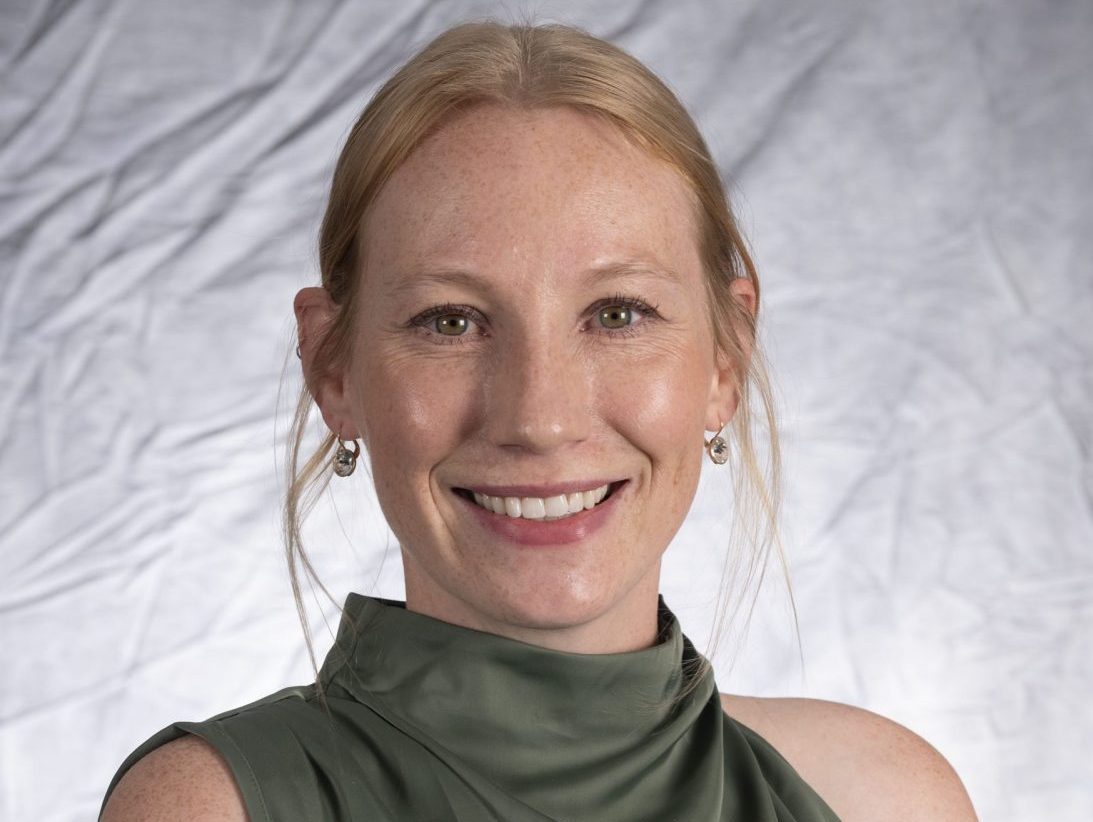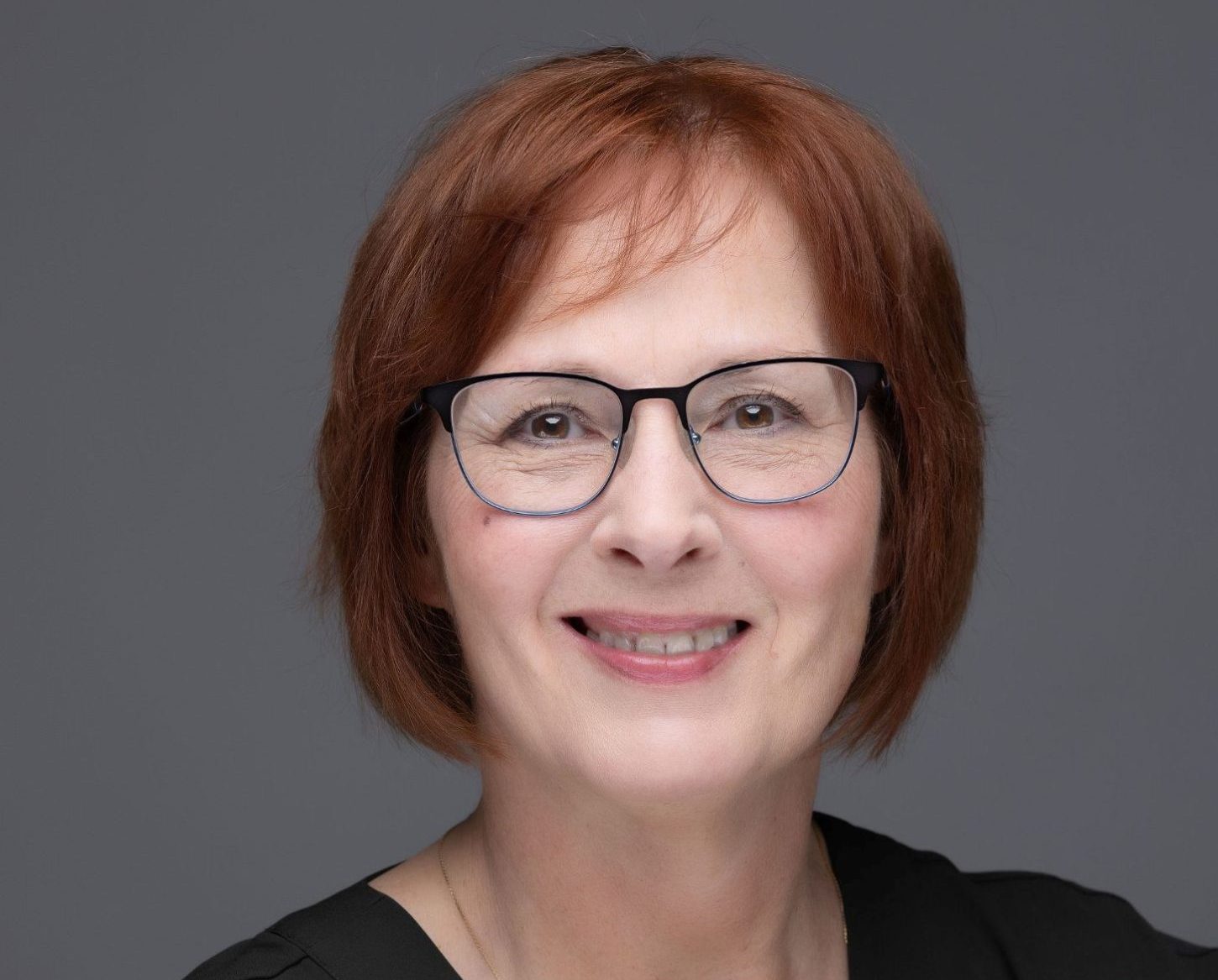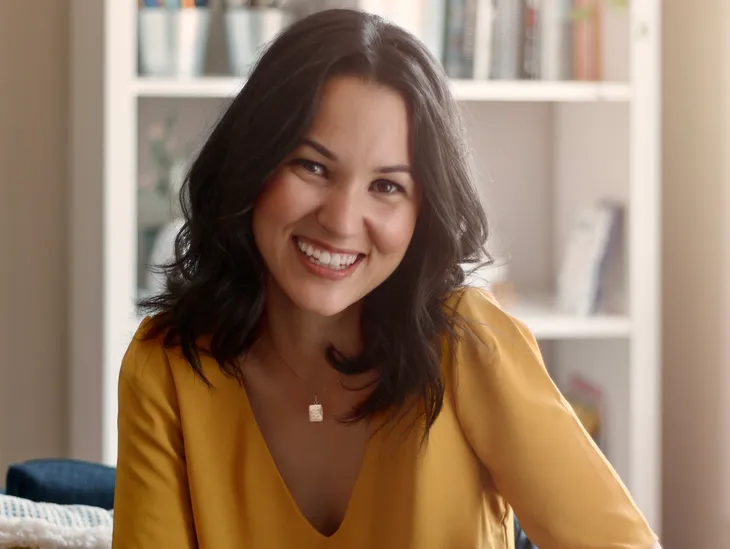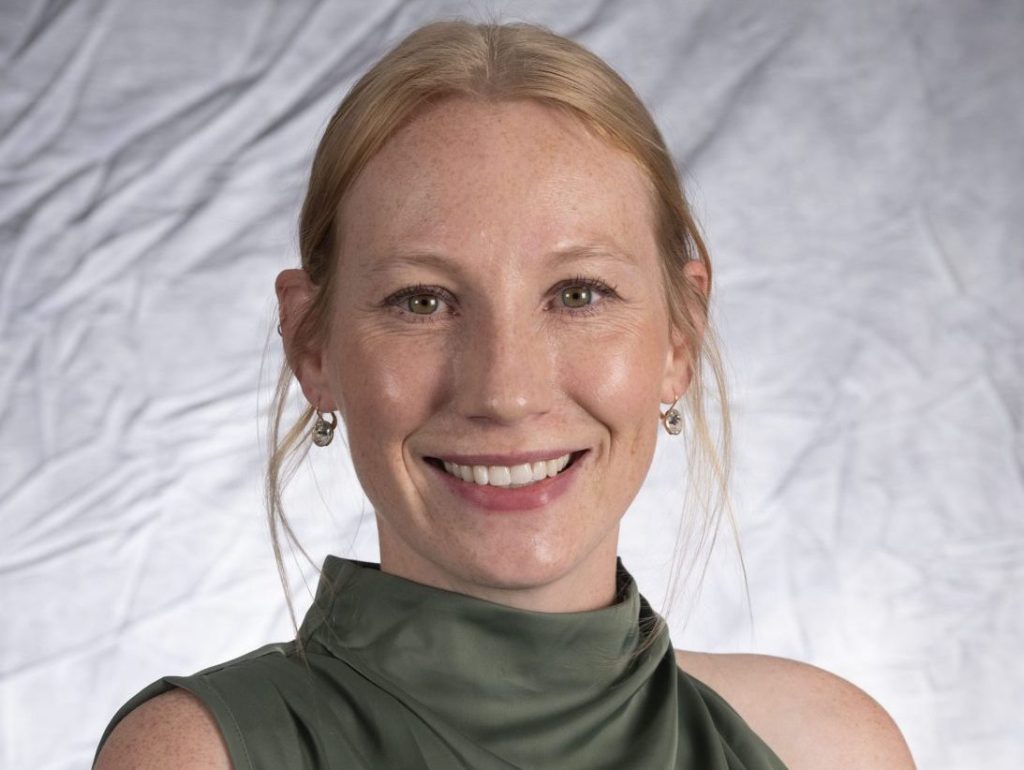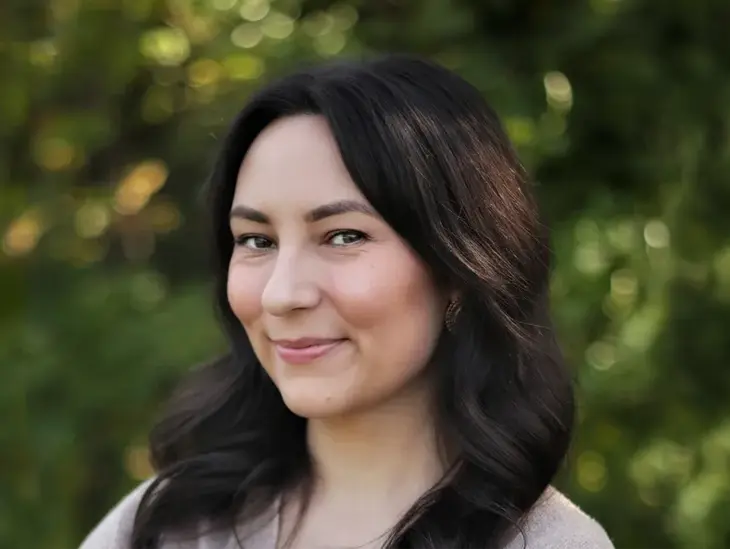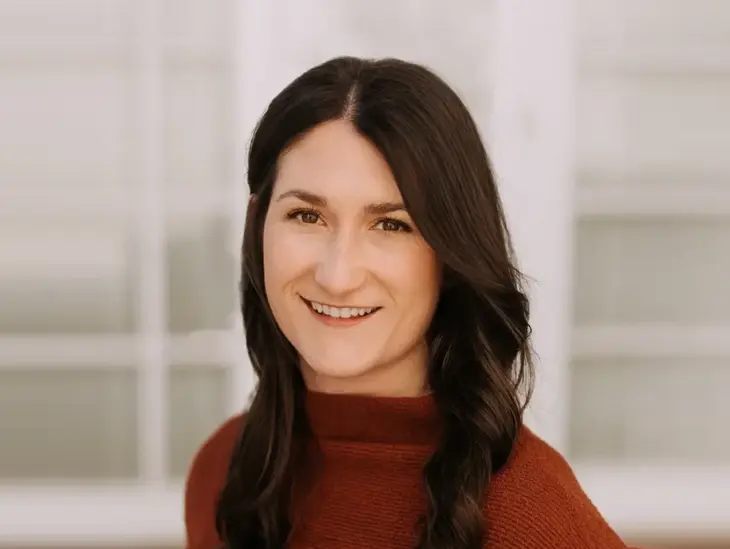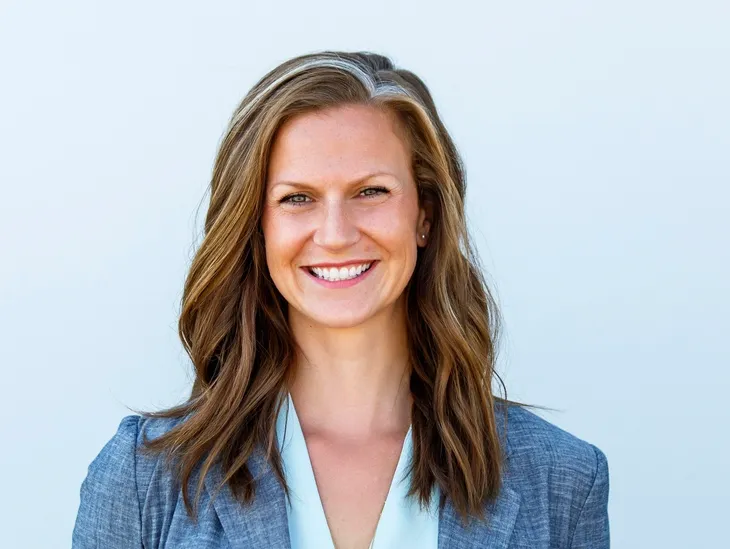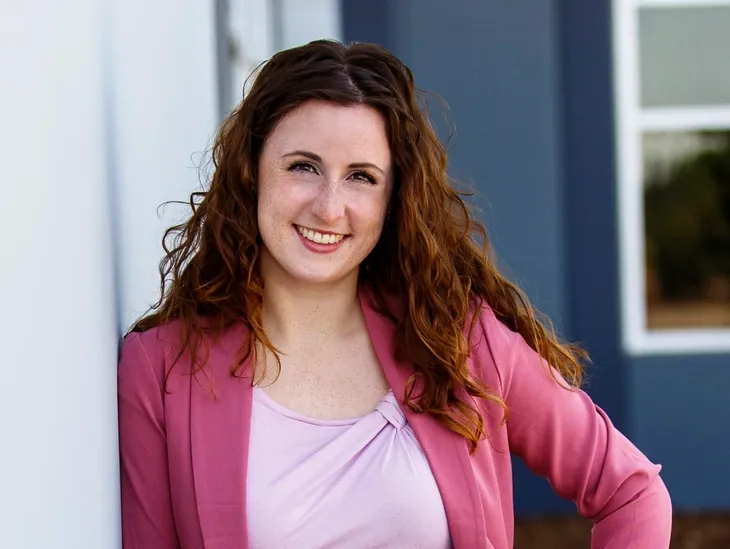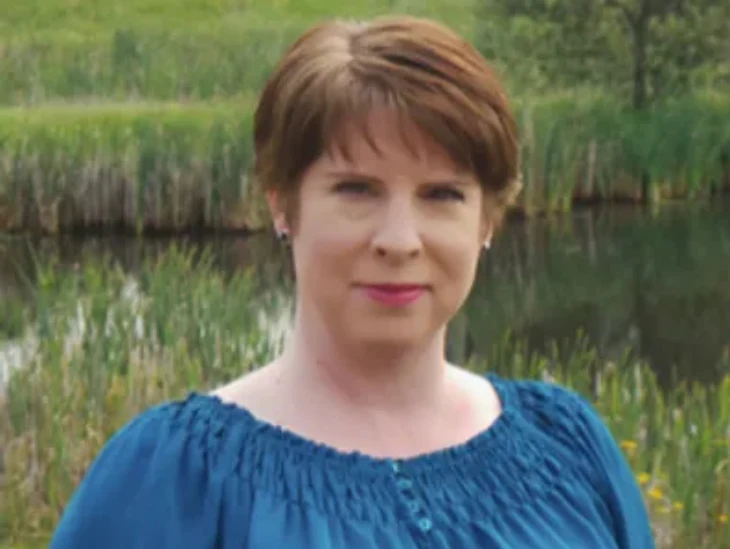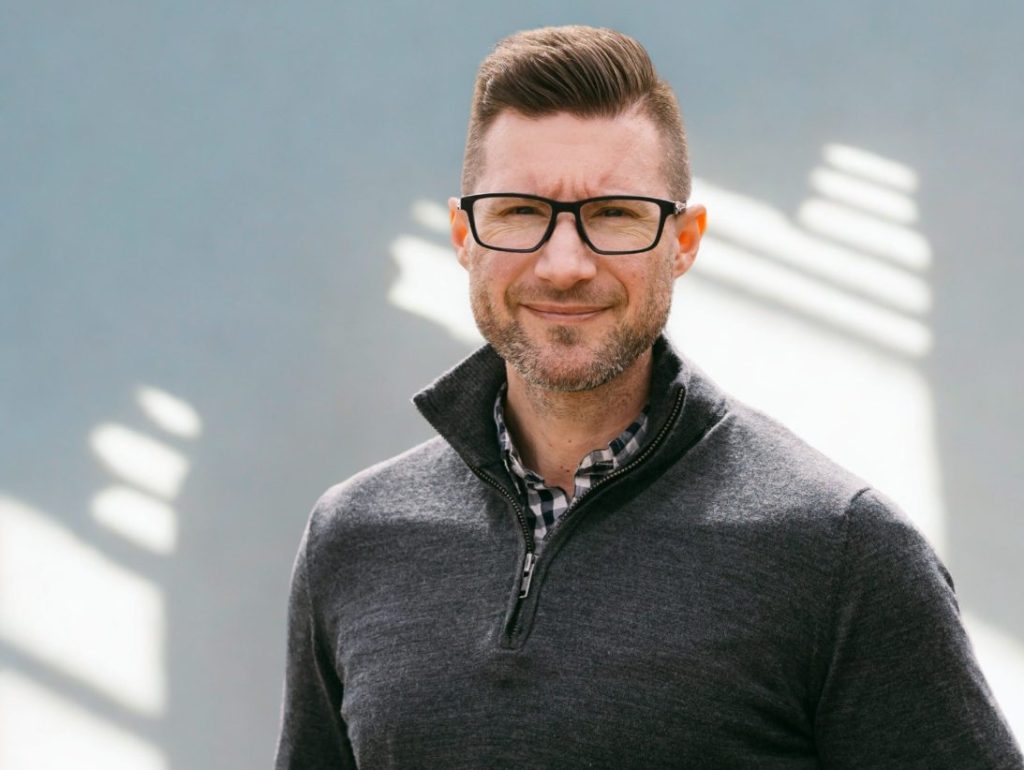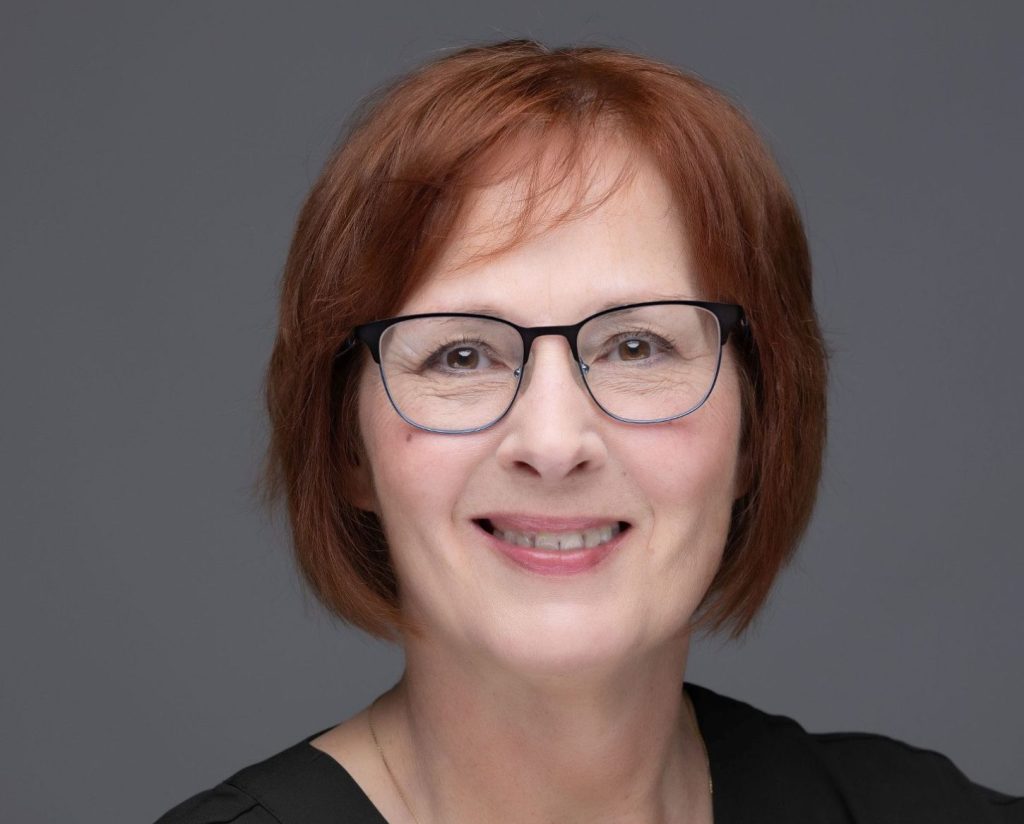Counselling For Anxiety in Edmonton, AB
Anxiety is the most common mental health problem worldwide, but it can also be effectively addressed with counselling. At Stillar Psychological, our psychologists have experience with a range of anxiety disorders, symptoms, and causes.
Everyone experiences feelings of anxiety on occasion. However, some people may struggle with everyday life due to the effects of anxiety. The symptoms of anxiety can be both psychological and physical, ranging from racing thoughts to sweating or shaking. They can make it difficult to work, socialize, and even take care of yourself. If you are struggling with anxiety, counselling from an understanding and experienced psychologist can help.
Counselling for anxiety can give you tools to cope with the symptoms of anxiety, as well as help you address the causes of anxiety. You gain a safe space to discuss how anxiety affects you and work toward goals you set for yourself. Our psychologists work with you to create a plan that helps you address the causes of anxiety and manage the symptoms, helping you reduce anxiety and get in a better place. You will learn how to take back control and prevent anxiety from ruling your life.
Take a look at our expert anxiety psychologists to match with someone who meets your needs, and book a session today.
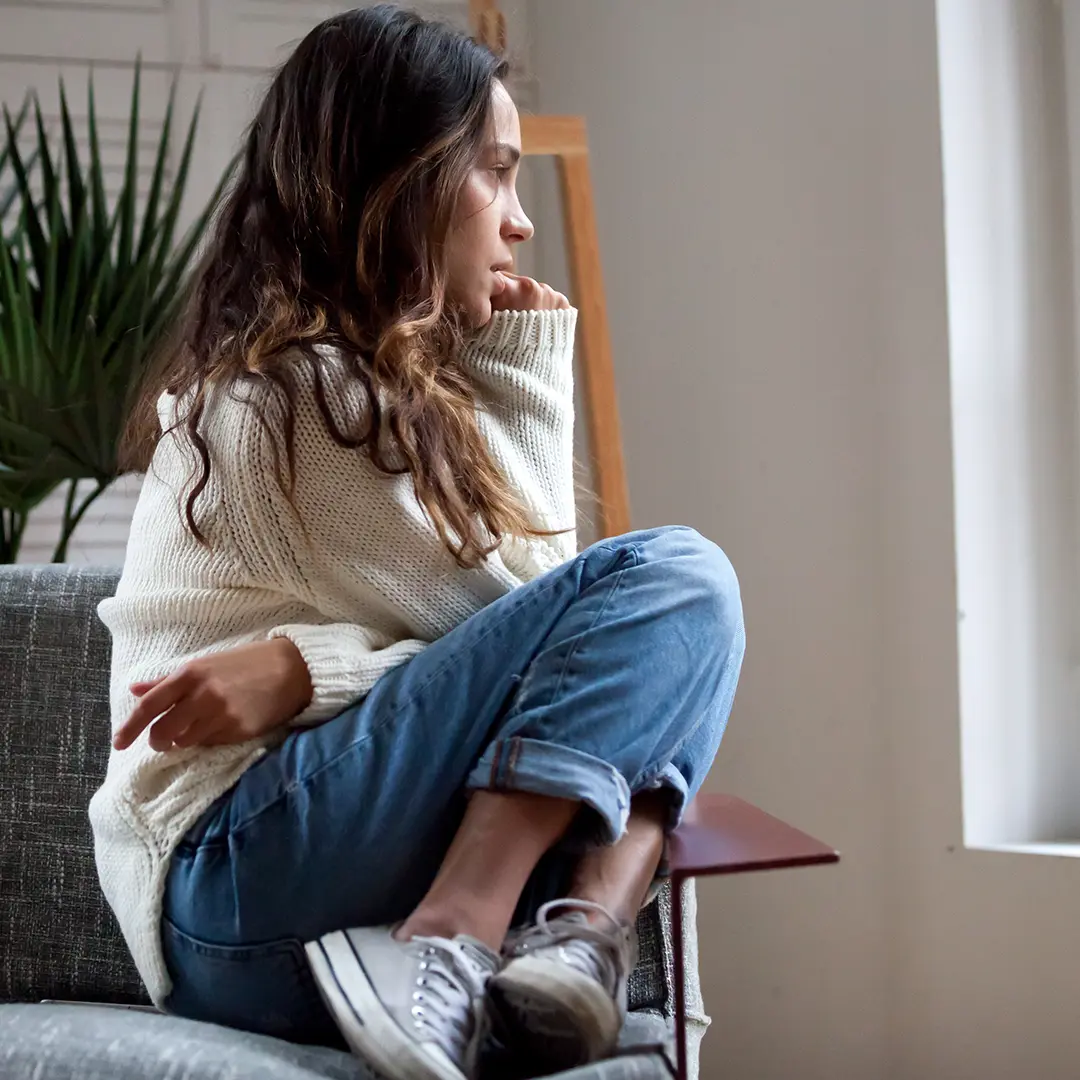
How Common is Anxiety?
According to the World Health Organization, Anxiety disorders are the most common mental health disorder, globally. Anxiety disorders can impact anyone. Roughly 301 million people, 4% of the population, experience an Anxiety Disorder.

Are There Different Types of Anxiety?
Generalized Anxiety Disorder (persistent and excessive worry about daily activities or events);
Panic Disorder (panic attacks and fear of continued panic attacks);
Social Anxiety Disorder (high levels of fear and worry about social situations that might make the person feel humiliated, embarrassed or rejected);
Panic Disorder (panic attacks and fear of continued panic attacks);
Social Anxiety Disorder (high levels of fear and worry about social situations that might make the person feel humiliated, embarrassed or rejected);
Agoraphobia (excessive fear, worry and avoidance of situations that might cause a person to panic or feel trapped, helpless or embarrassed);
Separation Anxiety Disorder (excessive fear or worry about being separated from people with whom the person has a deep emotional bond);
Specific Phobias (intense, irrational fears of specific objects or situations that lead to avoidance behaviour and significant distress); and
Selective Mutism (consistent inability to speak in certain social situations, despite the ability to speak comfortably in other settings, primarily affecting children).
How Do I Know if I Have Anxiety?

Common Signs and Symptoms of Anxiety
- Feeling sad, empty, or numb
- Experiencing a loss of pleasure or interest in activities that you used to enjoy
- Difficulty concentrating
- Trouble making decisions
- Feelings of guilt or low self-worth
- A sense of hopelessness about the future
- Thoughts about dying or suicide
- Difficulty sleeping
- Appetite changes
- Having low energy or often feeling very tired
Our Anxiety Specialists
How Common is Anxiety?
According to the World Health Organization, Anxiety disorders are the most common mental health disorder, globally. Anxiety disorders can impact anyone. Roughly 301 million people, 4% of the population, experience an Anxiety Disorder.
Are There Different Types of Anxiety?
The Diagnostic and Statistical Manual of Mental Disorders (DSM) identifies 6 different Anxiety Disorders.
- Generalized Anxiety Disorder (persistent and excessive worry about daily activities or events);
- Panic Disorder (panic attacks and fear of continued panic attacks);
- Social Anxiety Disorder (high levels of fear and worry about social situations that might make the person feel humiliated, embarrassed or rejected);
- Agoraphobia (excessive fear, worry and avoidance of situations that might cause a person to panic or feel trapped, helpless or embarrassed);
- Separation Anxiety Disorder (excessive fear or worry about being separated from people with whom the person has a deep emotional bond);
- Specific Phobias (intense, irrational fears of specific objects or situations that lead to avoidance behaviour and significant distress); and
- Selective Mutism (consistent inability to speak in certain social situations, despite the ability to speak comfortably in other settings, primarily affecting children).
How Do I Know if I Have Anxiety?
Anxiety can be experienced differently by exveryone. If you suspect you may have anxiety we recommend seeking support from a mental health professional who is proficient in identifying and treating anxiety.
Some common signs and symptoms of Anxiety include:
- Difficulty concentrating
- Racing thoughts
- Trouble making decisions
- Feeling jittery or restless
- Nausea or stomach/bowel distress
- Racing heart
- Feeling flush, hot, or sweating
- Trembling or shaking
- Difficulty sleeping
- Experiencing a sense of impending danger, panic or doom
